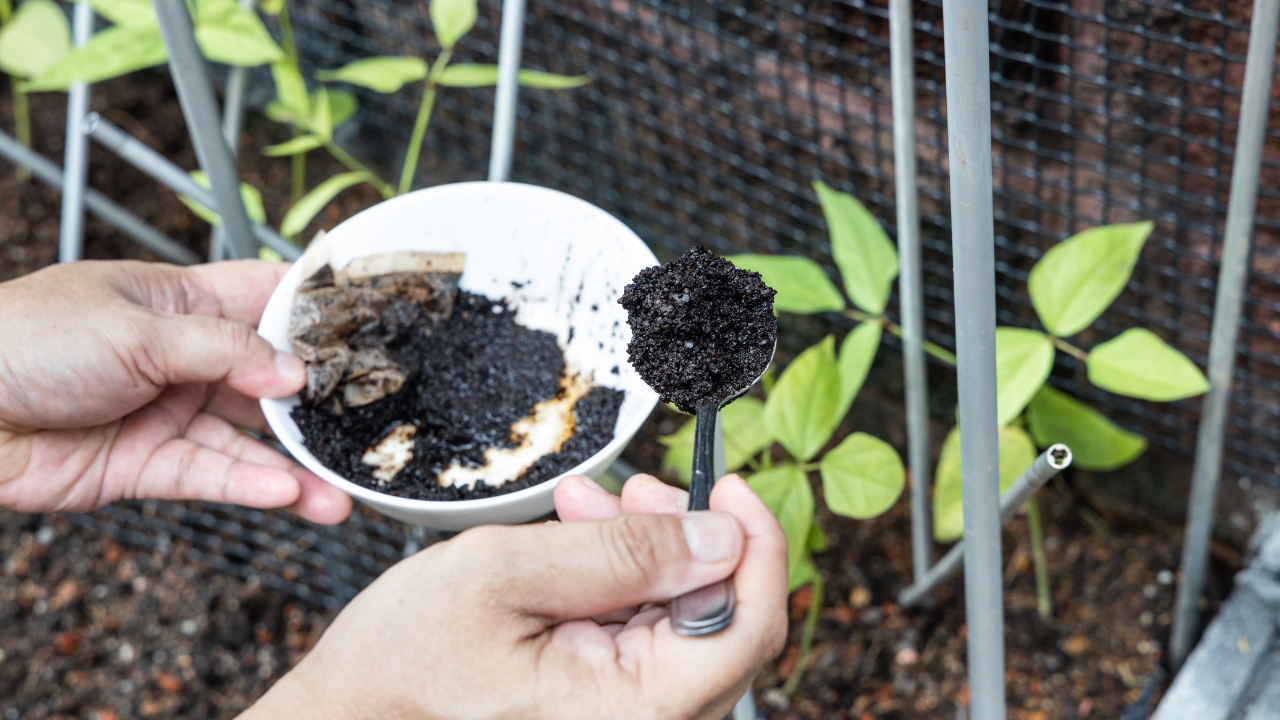10 Natural Pest Tricks That Don’t Actually Work in Summer
Plenty of natural pest remedies get passed around like backyard folklore—vinegar sprays, citrus peels, essential oils. Some of them sound great in theory, and they might even show results in the spring. But come summer, a lot of those tricks fall flat.
Bugs multiply faster, temperatures mess with scents, and what works in mild weather usually doesn’t hold up to full-blown heat and humidity. If you’re still dealing with pests even after trying the “natural” route, here’s what might be letting you down.
Vinegar Sprays for Ants

Vinegar can throw off an ant trail for a little while, but it doesn’t get rid of the colony. In summer, when ants are more active and scent trails refresh faster, the effect fades quickly.
You’ll find the ants return within a day, especially if the queen is still safe underground. Vinegar is fine for cleaning, but don’t count on it to solve an infestation. You need to address the nest if you want them gone.
Citrus Peels for Mosquitoes
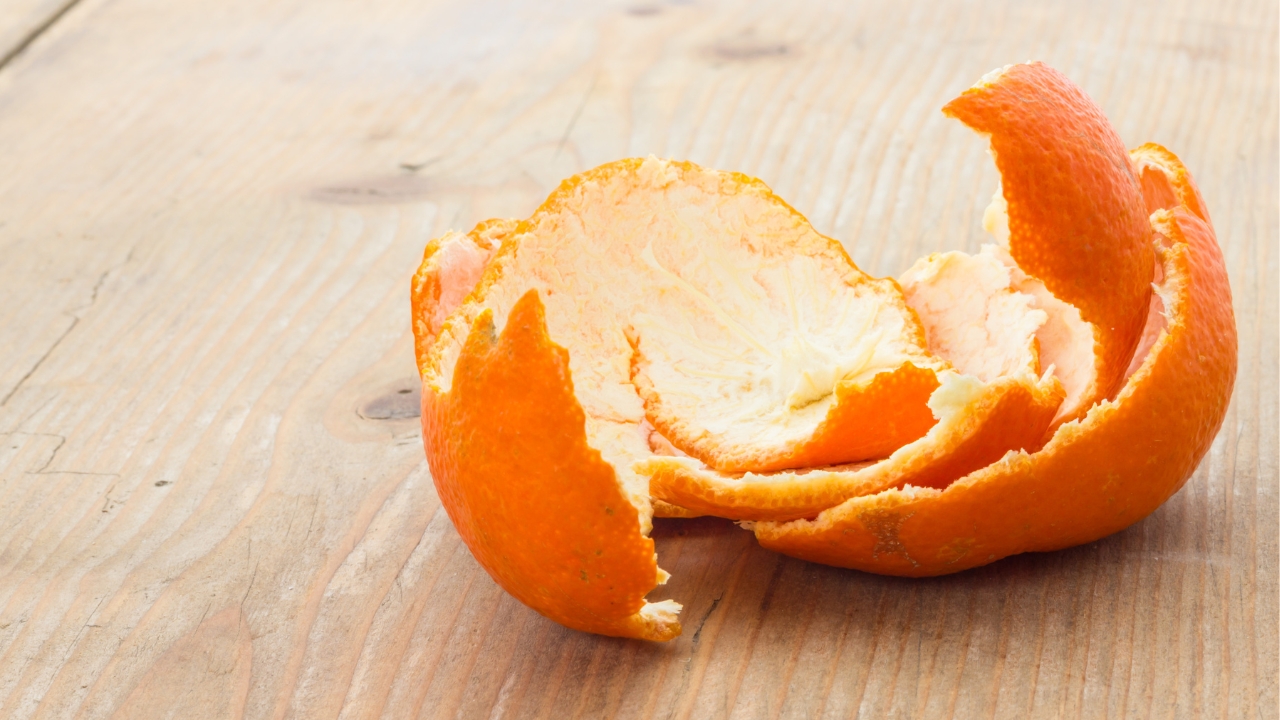
There’s a common belief that orange or lemon peels repel mosquitoes, but the scent from a peel isn’t strong enough to make a difference outdoors in summer. Once the oils dry out, they’re basically useless.
Even indoors, the effect is minimal. If you want citrus-based mosquito control, you’d need concentrated oils and frequent reapplication. Tossing peels around the patio isn’t going to cut it when the bugs are swarming.
Coffee Grounds to Deter Pests
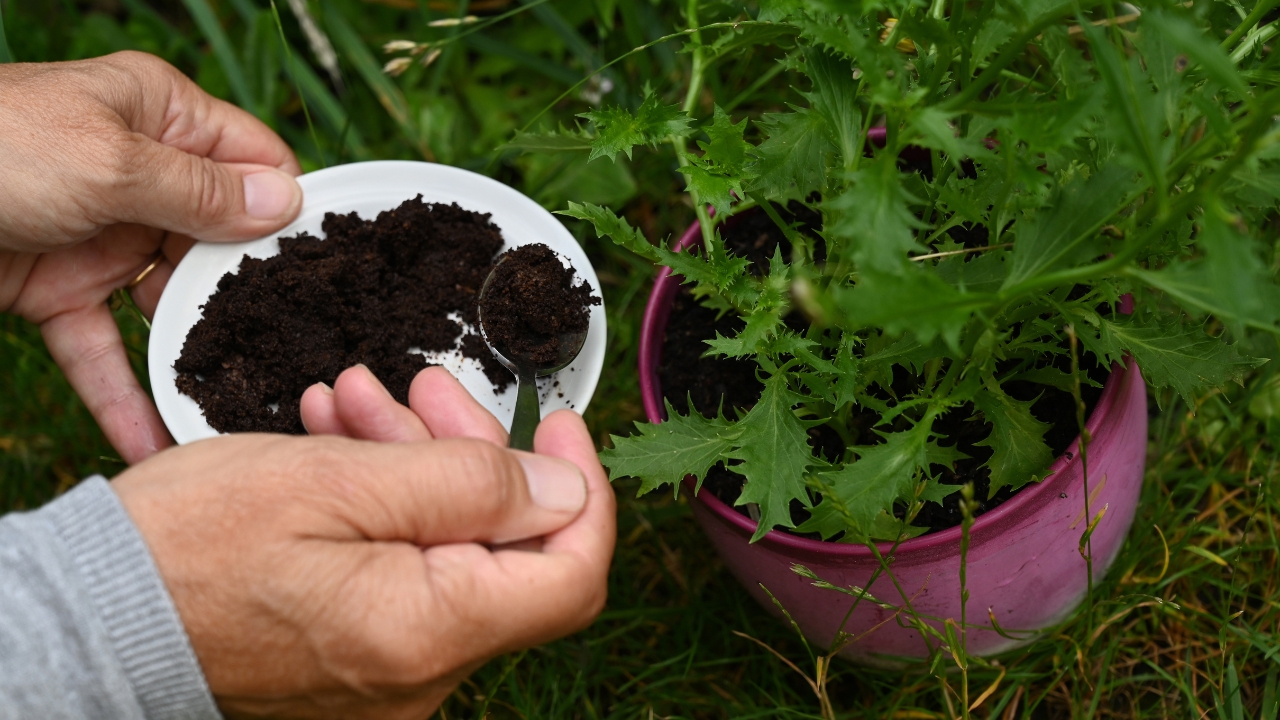
Some people swear by sprinkling used coffee grounds around the garden to ward off bugs. It might smell strong at first, but it breaks down fast in summer heat and doesn’t do much to repel anything long term.
Worse, it can attract mold or fungus if it stays damp. Coffee grounds are better worked into compost piles where they’ll actually help. As a standalone pest repellent, though, they’re not going to move the needle.
Essential Oils on Cotton Balls

Lavender, peppermint, and tea tree oils are often recommended for keeping pests like flies and spiders away. While the scent might help short-term indoors, it evaporates fast in summer heat, especially outside.
You’d have to refresh them constantly to keep the scent strong enough to bother insects. And for things like flies or gnats, they’ll fly right past it once the oil fades. It’s not a long-term solution.
Dryer Sheets in the Garden
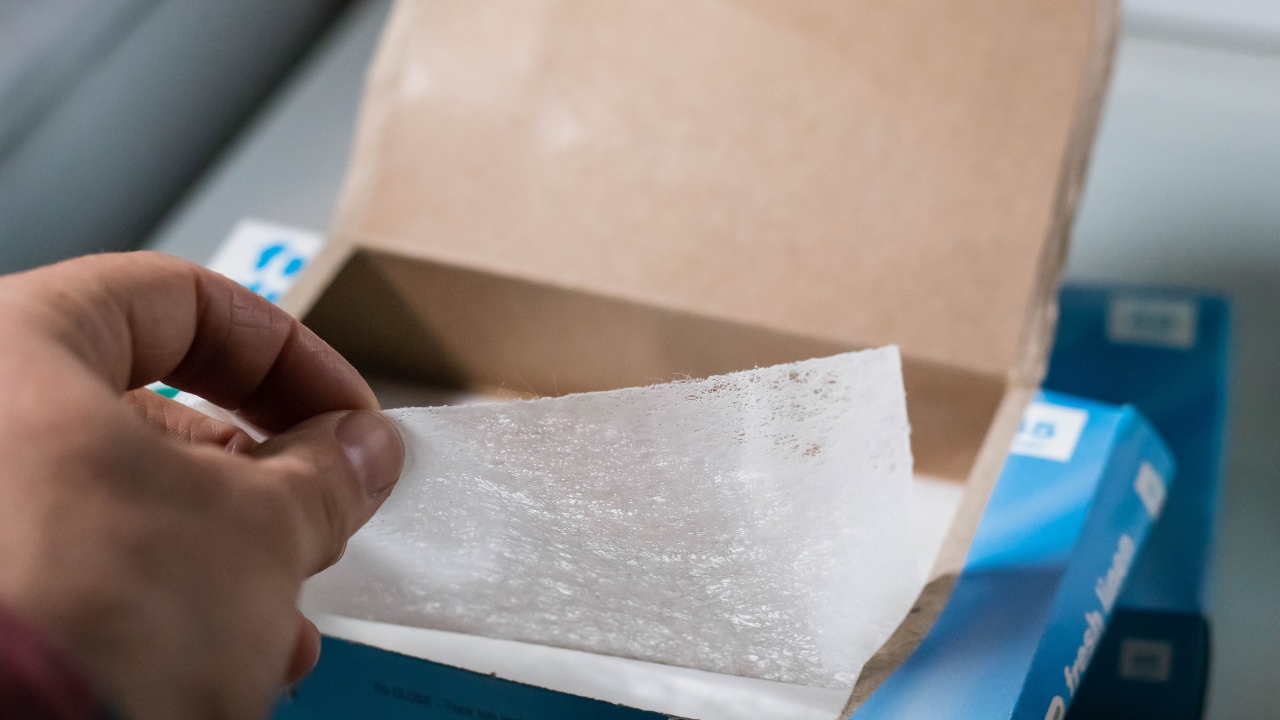
Dryer sheets are another trick people use to try and repel mosquitoes or gnats. While they might mask your scent for a little bit, they don’t actually repel anything in the garden or yard.
In the heat, their fragrance burns off fast. Tucking them in your pocket might feel like you’re doing something, but you’ll still get bitten. If you need protection, it’s better to go with real repellents or physical barriers.
Garlic Sprays on Plants
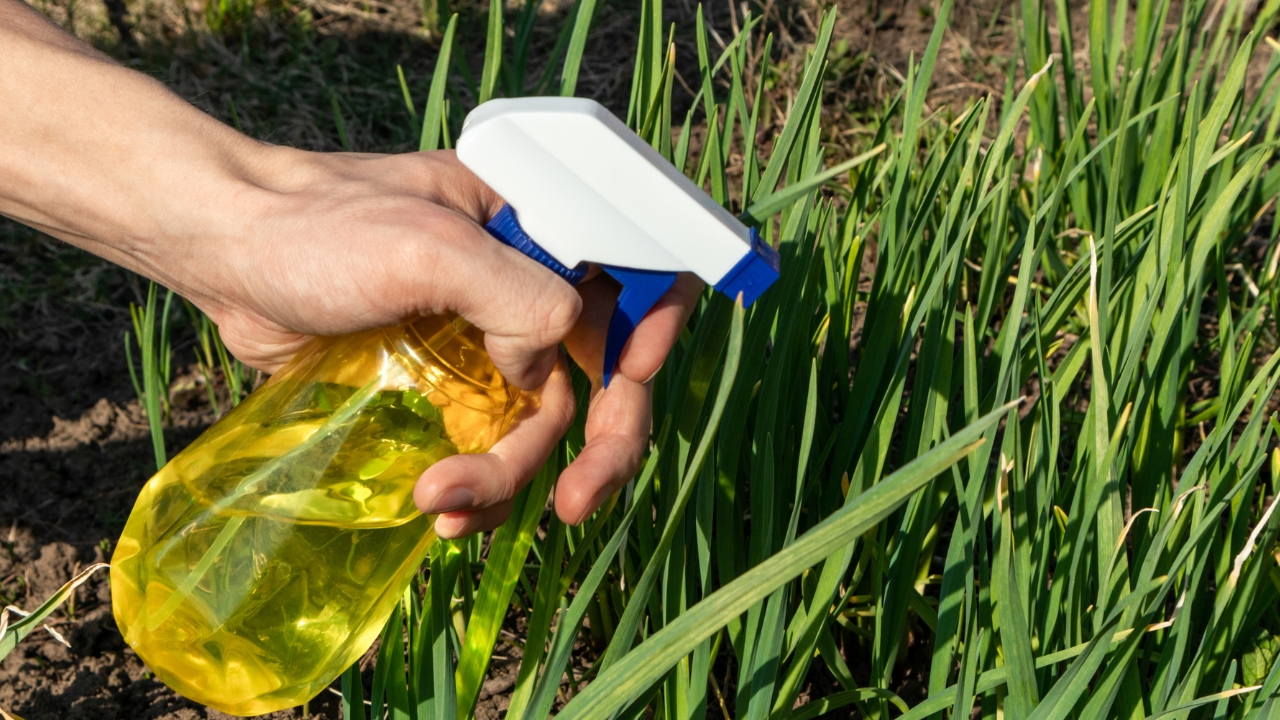
Garlic sprays can help deter some pests early in the season, but they’re less effective when insect populations explode in summer. Bugs adapt quickly, and strong odors fade fast in the heat and sun.
Plus, heavy use of garlic spray can leave your garden smelling awful, and it might even harm delicate plants if you overdo it. It’s not useless, but it’s no match for a full summer invasion.
Banana Peels to Lure Aphids Away
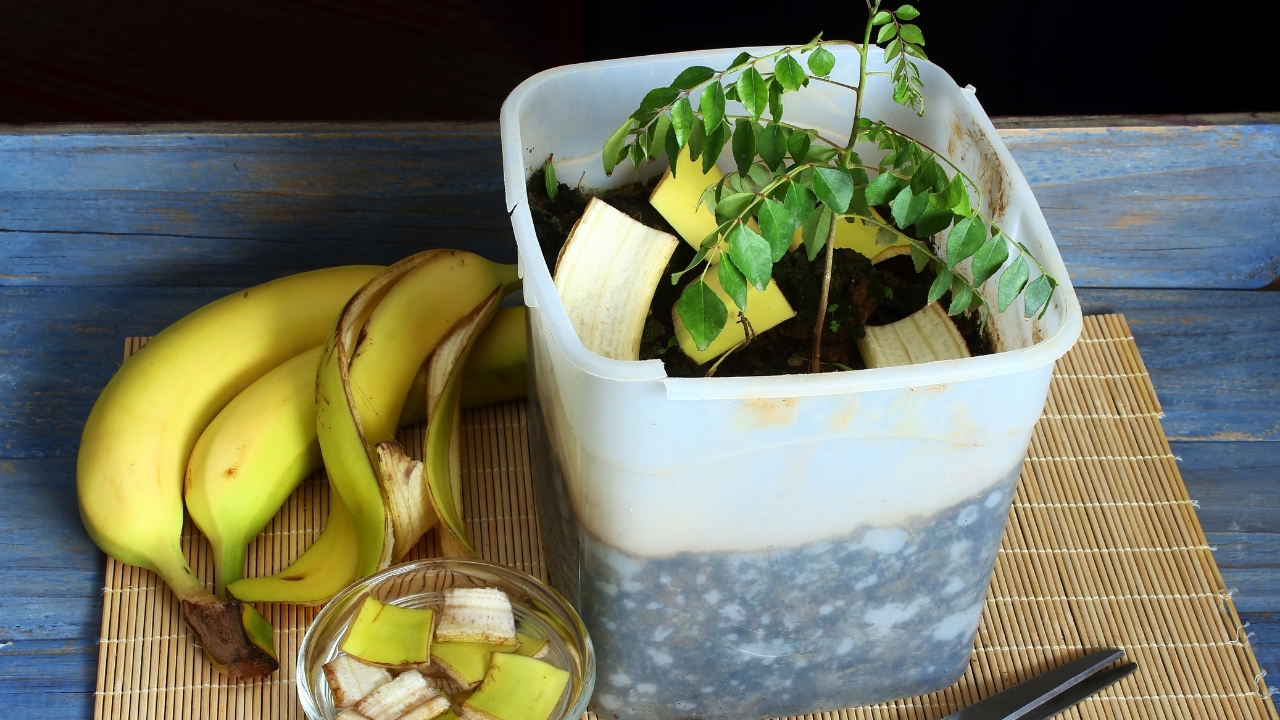
The idea is to draw aphids to banana peels instead of your plants—but in practice, it doesn’t work that cleanly. Peels can actually attract more pests, including fruit flies and ants.
Leaving food scraps in your garden is risky during warm months. Instead of solving your aphid problem, you might be inviting more bugs to the area. Stick with proven solutions like beneficial insects or insecticidal soap.
Cucumber Slices for Roaches

Cucumber slices are often listed as a natural roach deterrent, but there’s no real evidence that they make a difference. If anything, leftover food in summer heat can do more harm than good.
Roaches are drawn to moisture and food scraps—cucumbers check both boxes if left too long. Don’t rely on this one. Keep things dry, clean, and sealed up tight to keep roaches away.
Soapy Water for All Pests

Soapy water works on soft-bodied bugs like aphids or mites, but it doesn’t do much for things like beetles, mosquitoes, or ants. And if you’re spraying in summer heat, it can scorch your plants too.
In small doses, it can help with spot treatments, but it’s not a blanket fix. If you’re trying to manage a bigger pest problem, you’ll need more targeted options that won’t harm your plants under a hot sun.
*This article was developed with AI-powered tools and has been carefully reviewed by our editors.

